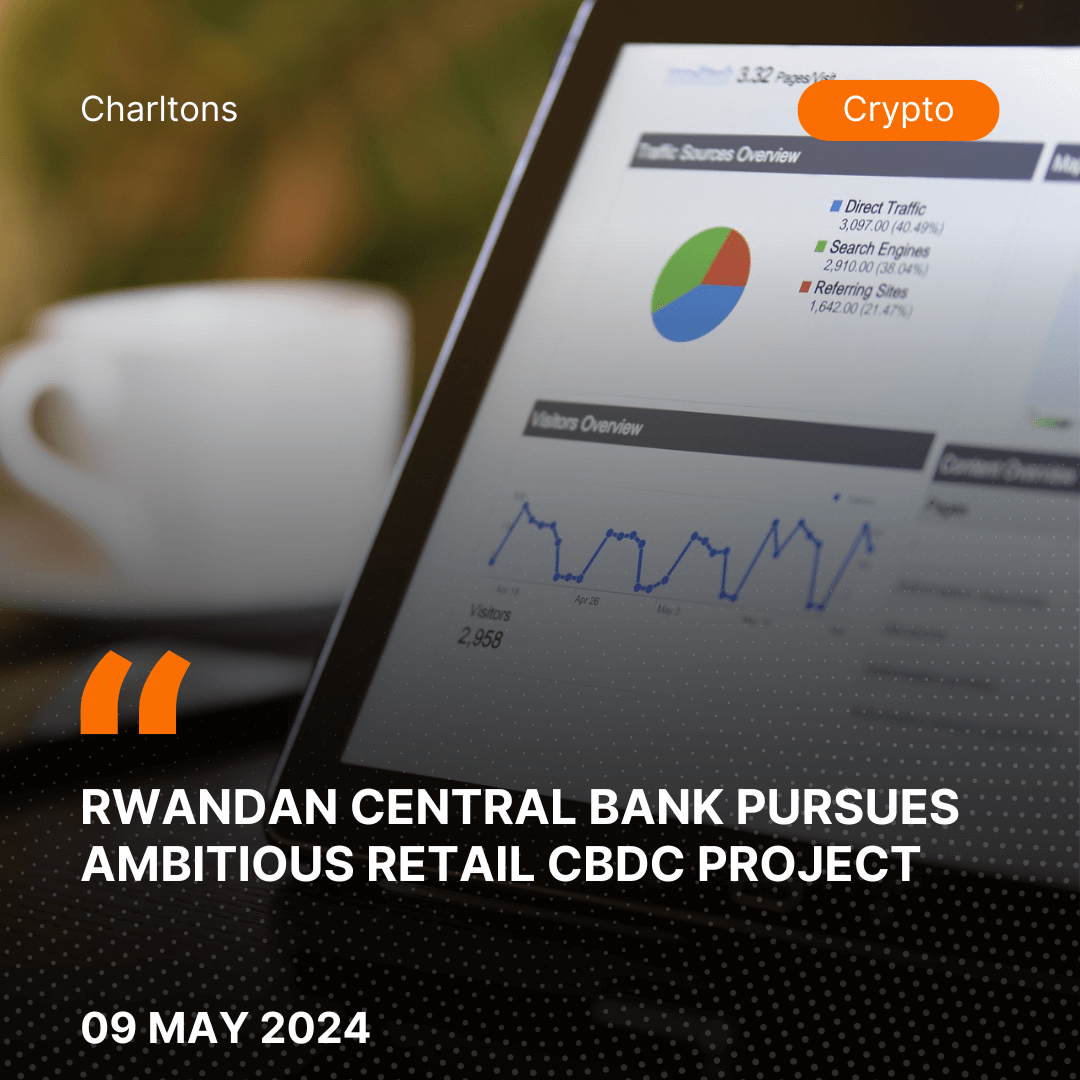
The National Bank of Rwanda (BNR) is forging ahead with plans for a retail Central Bank Digital Currency (CBDC), marking a significant step towards Rwanda’s goal of transitioning to a cashless economy. The BNR recently completed a feasibility study on the retail CBDC and has now opened it up for public comment, emphasizing its commitment to incorporating the latest technological innovations tailored to local conditions.
The proposed retail CBDC aims to advance Rwanda’s cashless economy initiative while enhancing the resilience of the financial system, particularly in light of frequent power outages. Despite the country’s cashless goals, the BNR anticipates spending $35 million on printing and maintaining cash supply over the next five years.
Key features of the proposed CBDC include interoperability with existing payment systems, potential integration with other CBDCs, and an interest-free, intermediated model. The BNR recommends a token-based approach, allowing for offline transfers using Bluetooth or Near Field Communication (NFC) technology, eliminating the need for smartphones.
While programmability offers opportunities for innovative products and services, concerns about privacy and security remain. The BNR envisions “partial pseudo-anonymity” for the CBDC, balancing innovation with regulatory considerations.
The Rwandan financial sector faces challenges such as low financial literacy and high remittance costs. The BNR sees reducing cash circulation as a means to formalize more of the economy, potentially addressing these challenges.
The choice of a distributed database model over a distributed ledger aims to enhance reliability, drawing from the World Economic Forum’s CBDC Policy-Maker Toolkit. Tokenized wholesale CBDC projects by industry players like Mastercard and Ripple, along with initiatives by central banks like the European Central Bank and the Bank for International Settlements, provide valuable insights into CBDC implementation.





